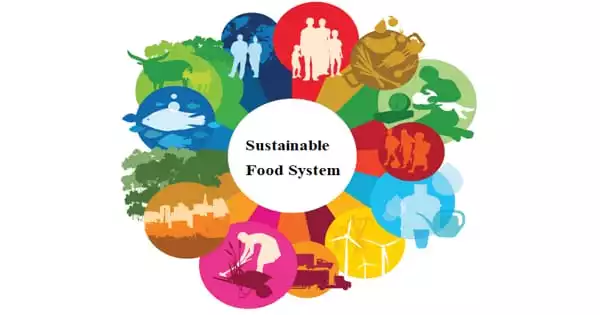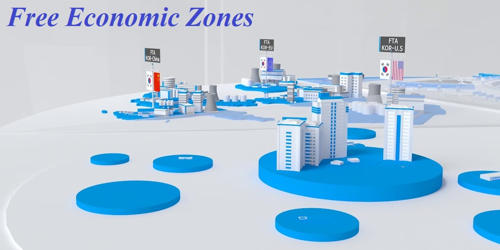A sustainable food system is a type of food system that provides people with healthy food while also creating sustainable environmental, economic, and social systems around food. It is a food system that provides food security and nutrition for all while ensuring that the economic, social, and environmental foundations for future generations’ food security and nutrition are not jeopardized. Adequate nutrition is critical to one’s health and well-being. Every person on the planet has the right to safe, sufficient, and nutritious food, as well as the right to be free of hunger.
Sustainable food systems begin with the development of more sustainable agricultural practices, followed by the development of more sustainable food distribution systems, the development of sustainable diets, and the reduction of food waste throughout the system. Many, if not all, of the 17 Sustainable Development Goals have been argued to be central to sustainable food systems.
Sustainable food systems are those that strive for food and nutrition security, as well as healthy diets while minimizing negative environmental impacts and improving socioeconomic welfare. As a result, sustainable food systems protect and respect biodiversity and ecosystems, as well as human well-being and social equity. As such, they provide culturally acceptable, economically equitable, affordable, nutritionally adequate, safe, and healthy foods while balancing agro-ecosystem integrity and social welfare.
The Sustainable Food Systems initiative aims to help guide food systems toward a more equitable and sustainable future, against a backdrop of rapid globalization and urbanization, both of which have profound effects on human diets. We are developing new knowledge and interventions through research on shifting and uncertain patterns in food delivery and consumption that will better enable developing countries to provide all urban and rural consumers with ready access to healthy food.
Transitioning to more sustainable food systems is a critical component of addressing the causes of climate change. According to a 2020 review conducted for the European Union, the food system, including crop and livestock production, transportation, changing land use (including deforestation), and food loss and waste, can account for up to 37 percent of global greenhouse gas emissions. Sustainable food systems are frequently at the heart of sustainability-focused policy initiatives, such as proposed Green New Deal initiatives.
Sustainability in agriculture is a complex concept with many facets, including the economic (a sustainable farm should be a profitable business that contributes to a robust economy), the social (it should treat its workers fairly and have a mutually beneficial relationship with the surrounding community), and the environmental.
Productivity gains have come at a huge environmental cost. Every year, more than 10 million hectares of agricultural land are lost to degradation, with industrial farming being a major contributor. Rivers and aquifers have been polluted by agrochemicals. Agriculture and land-use change are responsible for roughly one-third of total greenhouse gas emissions. We have lost three-quarters of the world’s agricultural biodiversity in the last century alone. As if that weren’t enough, roughly one-third of all food produced is wasted.
A food system is the interdependence of agricultural systems, their economic, social, cultural, and technological support systems, and food distribution and consumption systems. A sustainable food system employs environmentally sound, humane, economically viable, and socially just practices.
















